Home>Ideas and Tips>Growing Herbs In Your Kitchen For Fresh Cooking
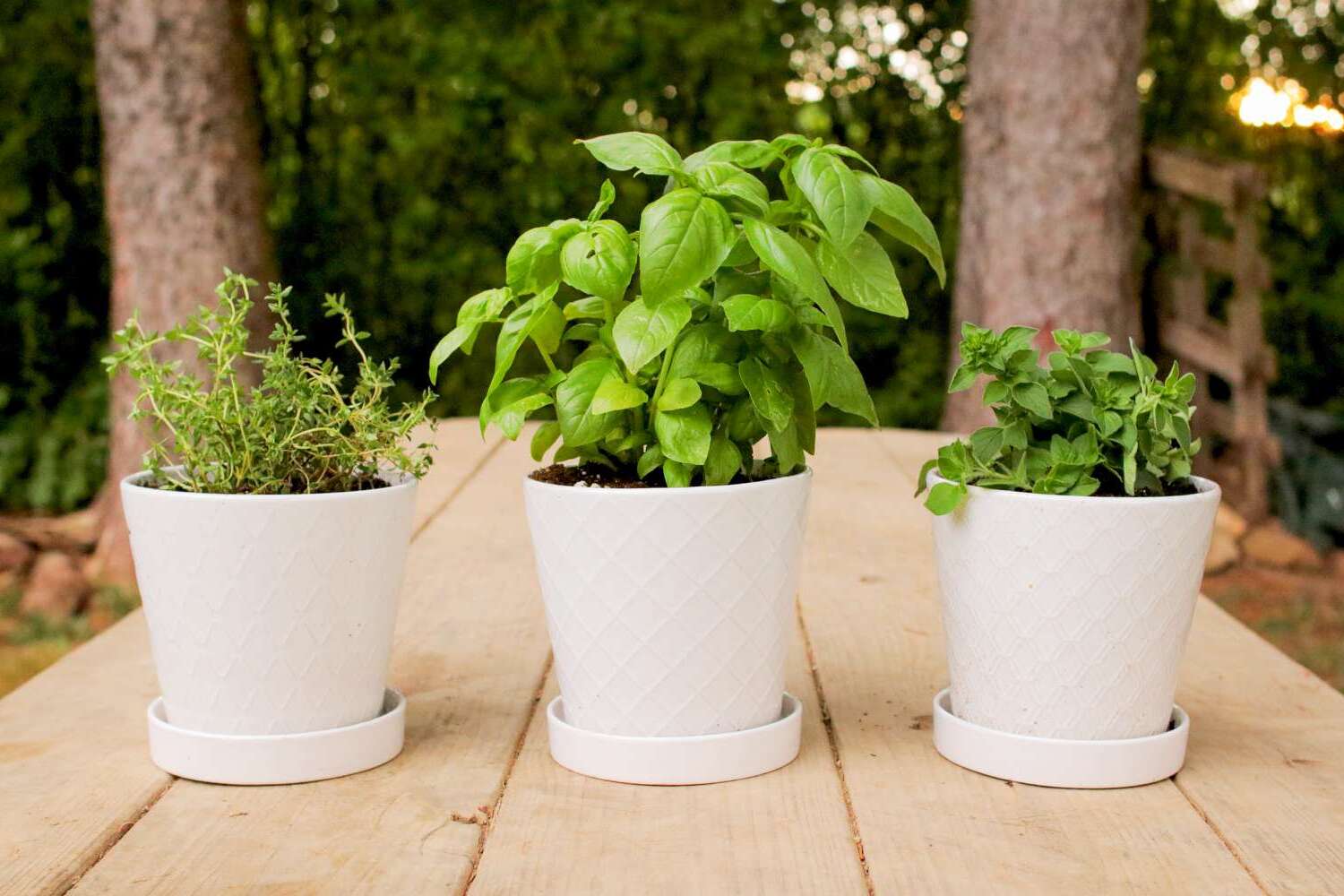

Ideas and Tips
Growing Herbs In Your Kitchen For Fresh Cooking
Published: November 4, 2024
Learn how to grow fresh herbs in your kitchen for flavorful cooking year-round. Discover tips on choosing, planting, and caring for indoor herbs.
(Many of the links in this article redirect to a specific reviewed product. Your purchase of these products through affiliate links helps to generate commission for Storables.com, at no extra cost. Learn more)
Growing herbs in your kitchen is a simple yet rewarding hobby that can elevate your cooking experience to new heights. Fresh herbs add a depth of flavor and aroma to dishes that dried or store-bought herbs cannot match. Whether you're a seasoned chef or a culinary novice, having a kitchen herb garden can be a game-changer for your meals. In this article, we'll guide you through the process of growing herbs indoors, from selecting the right herbs to caring for them and using them in your cooking.
Why Grow Herbs in Your Kitchen?
Growing herbs in your kitchen offers several advantages:
- Freshness: Fresh herbs are always available right at your fingertips, ensuring that your dishes are as flavorful as possible.
- Variety: You can grow a variety of herbs that cater to different cuisines and recipes, from classic basil and parsley to more exotic mint and cilantro.
- Space Efficiency: Indoor herb gardens take up minimal space, making them perfect for small kitchens or apartments.
- Year-Round Availability: Unlike outdoor gardens, indoor herb gardens can thrive year-round, regardless of the season or weather conditions.
Choosing the Right Herbs
Not all herbs are created equal when it comes to growing indoors. Some herbs are more forgiving than others, while some require specific conditions to thrive. Here are some popular herbs that grow well indoors:
1. Basil
Basil is one of the most popular culinary herbs and grows exceptionally well indoors. It prefers bright, indirect light but can tolerate some direct sunlight. Basil needs consistent moisture but should not be waterlogged. It's best to harvest basil regularly to encourage bushy growth and prevent it from becoming leggy.
2. Mint
Mint is another versatile herb that thrives indoors. It prefers partial shade but can tolerate some direct sunlight. Mint loves moist soil but should not be waterlogged; it's best to check the soil moisture regularly. Mint can be quite invasive, so it's a good idea to contain it in a pot to prevent it from spreading.
3. Parsley
Parsley is a slow-growing herb that prefers partial shade but can tolerate some direct sunlight. It likes moist soil but should not be waterlogged; it's best to check the soil moisture regularly. Parsley is often used as a garnish in salads, soups, and sauces.
Read more: How To Store Fresh Herbs In Fridge
4. Rosemary
Rosemary is a hardy herb that prefers well-draining soil and full sun or bright indirect light. It's best to prune rosemary regularly to encourage bushy growth and prevent it from becoming leggy.
5. Thyme
Thyme is another hardy herb that prefers well-draining soil and full sun or bright indirect light. It's best to prune thyme regularly to encourage bushy growth and prevent it from becoming leggy.
6. Chives
Chives prefer full sun or bright indirect light and well-draining soil. They are easy to care for and can be harvested by cutting off the leaves about 1 to 2 inches above the soil level.
7. Oregano
Oregano prefers partial shade but can tolerate some direct sunlight. It likes well-draining soil and should not be waterlogged; it's best to check the soil moisture regularly.
Read more: How To Grow Your Own Herb Garden Year-Round
Materials Needed
To start growing herbs indoors, you'll need the following materials:
- Containers: Choose pots with good drainage holes to prevent waterlogged soil. You can use any type of container you have on hand, such as mason jars, terra cotta clay pots, colanders, large coffee mugs, baskets, tin cans, or even small bowls.
- Fresh Herbs: You can either buy herb plants from a nursery or start with bare-root fresh herbs from your grocery store.
- Organic Potting Mix: Use a well-balanced potting mix specifically designed for herbs.
- Small Pebbles (Optional): Adding a layer of small pebbles at the bottom of each pot can help with drainage.
- Water-Soluble Fertilizer (Optional): Indoor herb gardens will appreciate a boost of nutrients from water-soluble fertilizers applied every two weeks.
- Grow Light (Optional): If your kitchen doesn't receive enough natural light, consider using a grow light to supplement the lack of sun.
Planting Your Herbs
Planting your herbs is a straightforward process:
- Prepare Your Containers: Make sure your containers have drainage holes if they don't already have them. Add a layer of small pebbles at the bottom of each pot for better drainage.
- Add Potting Mix: Fill your containers with organic potting mix, leaving enough space for the herb roots.
- Plant Your Herbs: Gently remove the herb plants from their pots and place them in the prepared containers. If using bare-root herbs, trim any dead or damaged roots before planting.
- Water Thoroughly: Water your herbs thoroughly after planting to settle the soil.
Caring for Your Herbs
Caring for your indoor herb garden is crucial to their health and productivity:
1. Lighting
Herbs need adequate light to grow well. Here are some general guidelines:
- Basil and Mint: These herbs prefer bright indirect light but can tolerate some direct sunlight.
- Rosemary and Thyme: These herbs prefer full sun or bright indirect light.
- Parsley and Oregano: These herbs prefer partial shade but can tolerate some direct sunlight.
If your kitchen doesn't receive enough natural light, consider using a grow light to supplement the lack of sun.
Read more: What Herbs To Grow In A Vertical Garden
2. Watering
Herbs have different watering requirements based on their type:
- Basil and Mint: These herbs need consistent moisture but should not be waterlogged; check the soil moisture regularly.
- Rosemary and Thyme: These herbs prefer well-draining soil and should not be waterlogged; check the soil moisture regularly.
- Parsley and Oregano: These herbs prefer moist soil but should not be waterlogged; check the soil moisture regularly.
3. Humidity
Herbs thrive in humid environments with proper air circulation:
- Group Plants Together: Grouping potted plants together can increase humidity around the herbs while leaving some space for air circulation.
- Misting Bottle: Spray the plants with a misting bottle regularly to maintain humidity.
- Pebbles in Tray: Place the pots on a tray with moist pebbles to help create a humid microclimate.
4. Fertilizing
Indoor herb gardens will appreciate a boost of nutrients from water-soluble fertilizers applied every two weeks:
- Mild Liquid Fertilizer: Use a mild liquid fertilizer specifically designed for indoor plants.
5. Pruning and Harvesting
Regular pruning and harvesting promote new growth and prevent herbs from becoming leggy:
- Basil and Mint: Pinch off the top two leaves regularly to promote bushy growth.
- Thyme, Parsley, and Rosemary: Do not cut more than one-third of the plant at a time; harvest chives by cutting the leaves about 1 to 2 inches above the soil level.
Read more: How To Grow Herbs From Seeds In Pots
Propagating Herbs
Propagating herbs from stems is an easy way to keep your herb garden thriving:
- Choose Fresh Stems: Buy fresh cut herbs at the grocery store (basil and mint are especially easy to propagate).
- Prepare Stems: Strip the bottom half of any leaves from the stems and give them a fresh cut.
- Place in Water: Place the stems in a jar of water.
- Change Water Regularly: Change the water every few days and place the jar in a sunny spot.
- Plant in Soil: Once roots have developed, plant the stems in potting soil.
Tips for Growing Herbs Indoors
Here are some additional tips for growing herbs indoors:
- Use Containers Wisely: Choose containers that are just a bit bigger than you think you'll need; herbs will outgrow mini planters quickly.
- Pot Trays: Use pot trays under your plant pots to keep water from spilling as it drains through the soil and roots.
- Potting Soil: Use potting soil specifically designed for growing herbs or similar garden plants.
- Seeds, Seedlings, or Rooted Cuttings: Choose herbs that can be grown to about the size of a houseplant; think parsley, sage (not rosemary), thyme, basil, oregano, dill, chives, coriander, mint, and similar.
- Monitor Temperature: Most herbs prefer daytime temperatures between 65°F to 75°F (18°C to 24°C) and nighttime temperatures around 55°F (13°C).
Using Your Fresh Herbs
Once you've grown your herbs indoors, it's time to get cooking Here are some ideas on how to use your fresh herbs:
- Basil: Add fresh basil leaves to pasta dishes like spaghetti carbonara or pesto sauce. Use it as a topping for pizzas or salads.
- Mint: Add fresh mint leaves to cocktails like mojitos or mint juleps. Use it in salads or as a garnish for desserts like mint chocolate chip ice cream.
- Parsley: Use fresh parsley as a garnish for soups, salads, or sauces like tabbouleh or chimichurri.
- Rosemary: Add fresh rosemary sprigs to roasted meats like lamb or chicken. Use it in marinades for vegetables like carrots or Brussels sprouts.
- Thyme: Add fresh thyme sprigs to soups like chicken noodle soup or stews like beef stew. Use it as a seasoning for roasted vegetables like asparagus or Brussels sprouts.
Conclusion
Growing herbs in your kitchen is a simple yet rewarding hobby that can elevate your cooking experience to new heights. By choosing the right herbs, preparing the right materials, caring for them properly, and using them creatively in your cooking, you'll be able to enjoy fresh flavors all year round. Whether you're a seasoned chef or a culinary novice, having a kitchen herb garden can be a game-changer for your meals.
So why not give it a try? Start with a few easy-to-grow herbs like basil or mint and see how it goes. With these tips and tricks, you'll be well on your way to creating a thriving indoor herb garden that will bring joy and flavor to your kitchen for years to come
Was this page helpful?
At Storables.com, we guarantee accurate and reliable information. Our content, validated by Expert Board Contributors, is crafted following stringent Editorial Policies. We're committed to providing you with well-researched, expert-backed insights for all your informational needs.
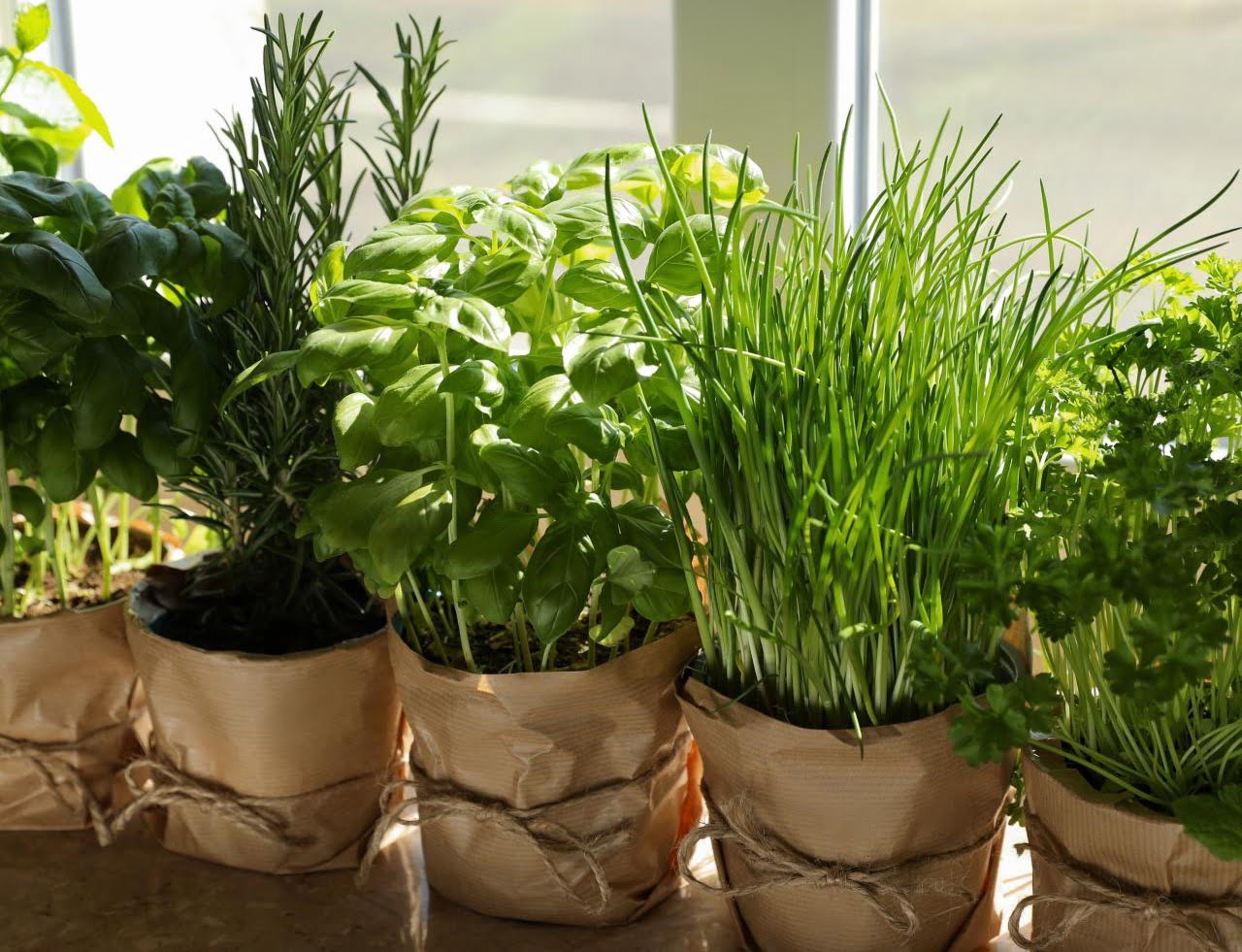
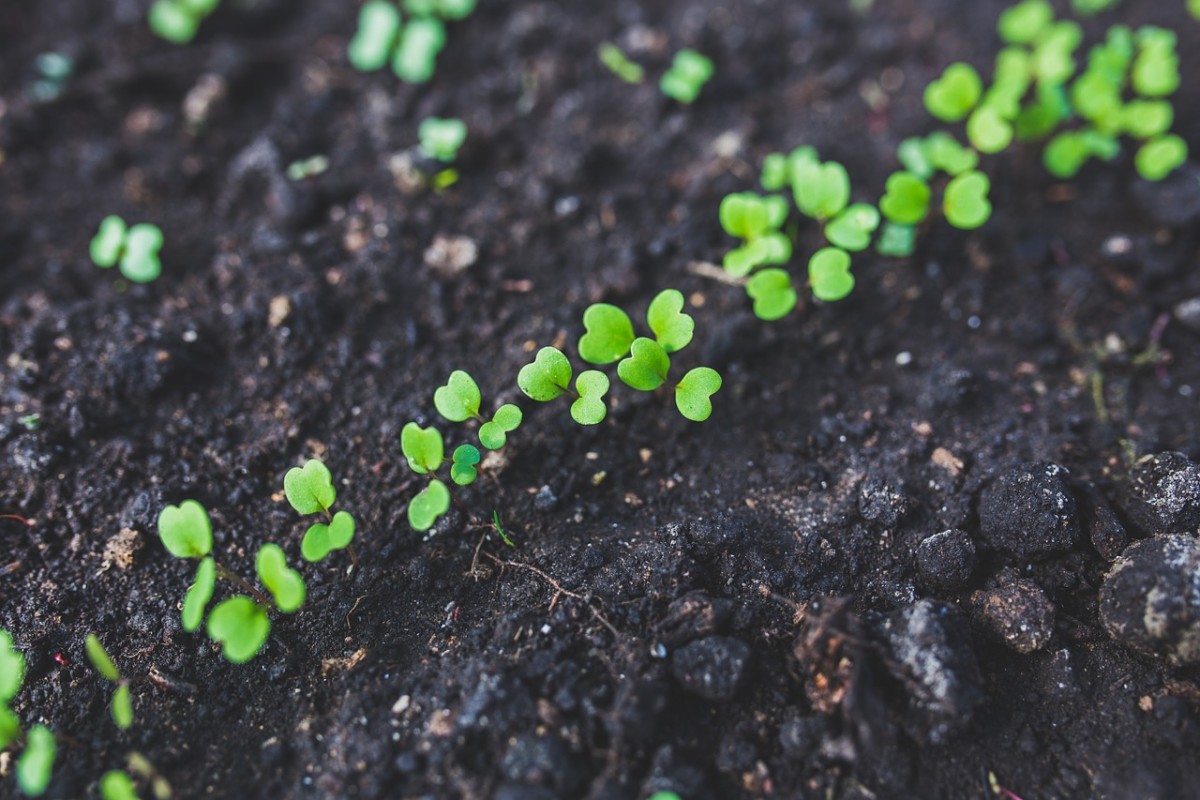
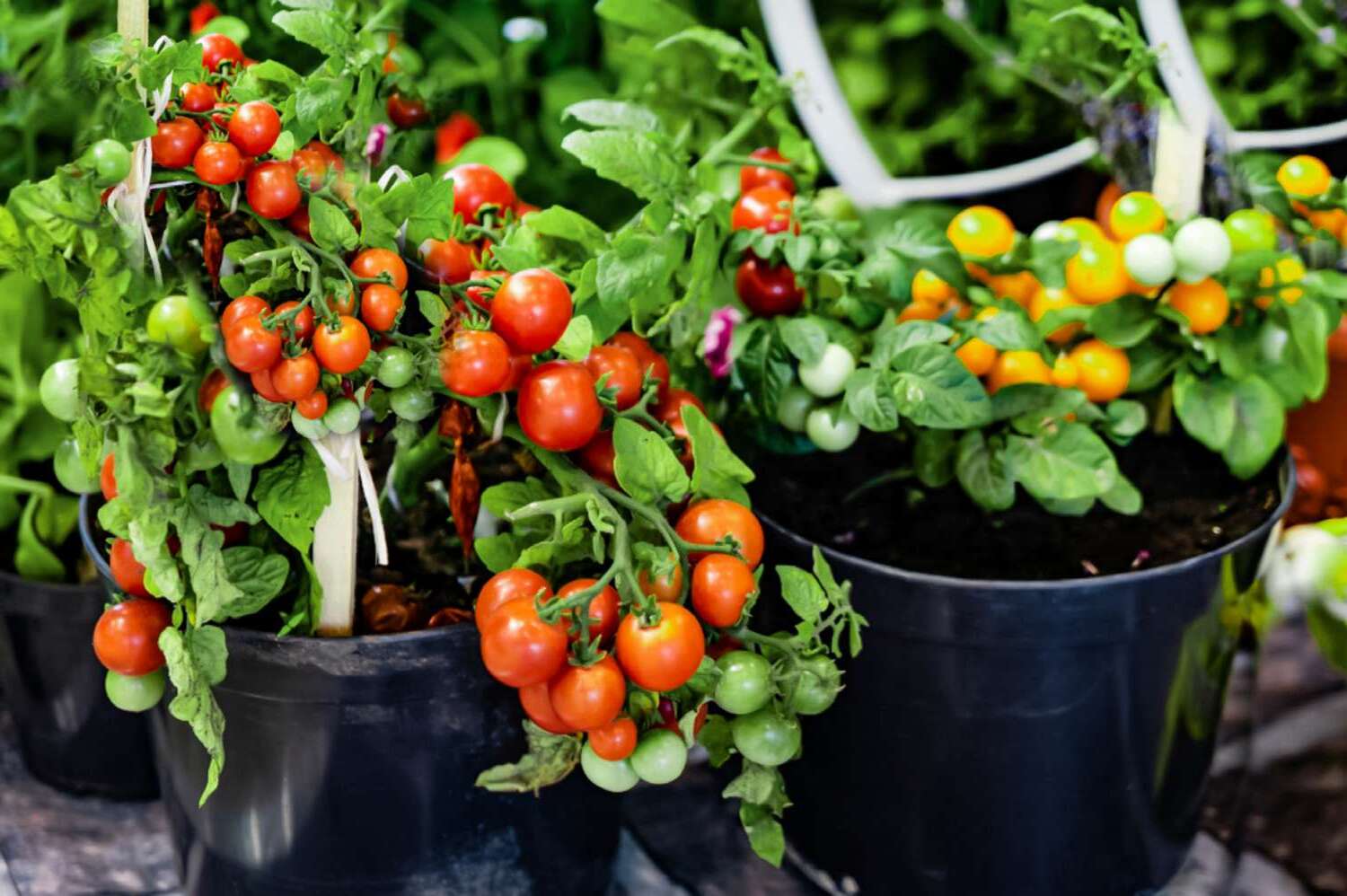
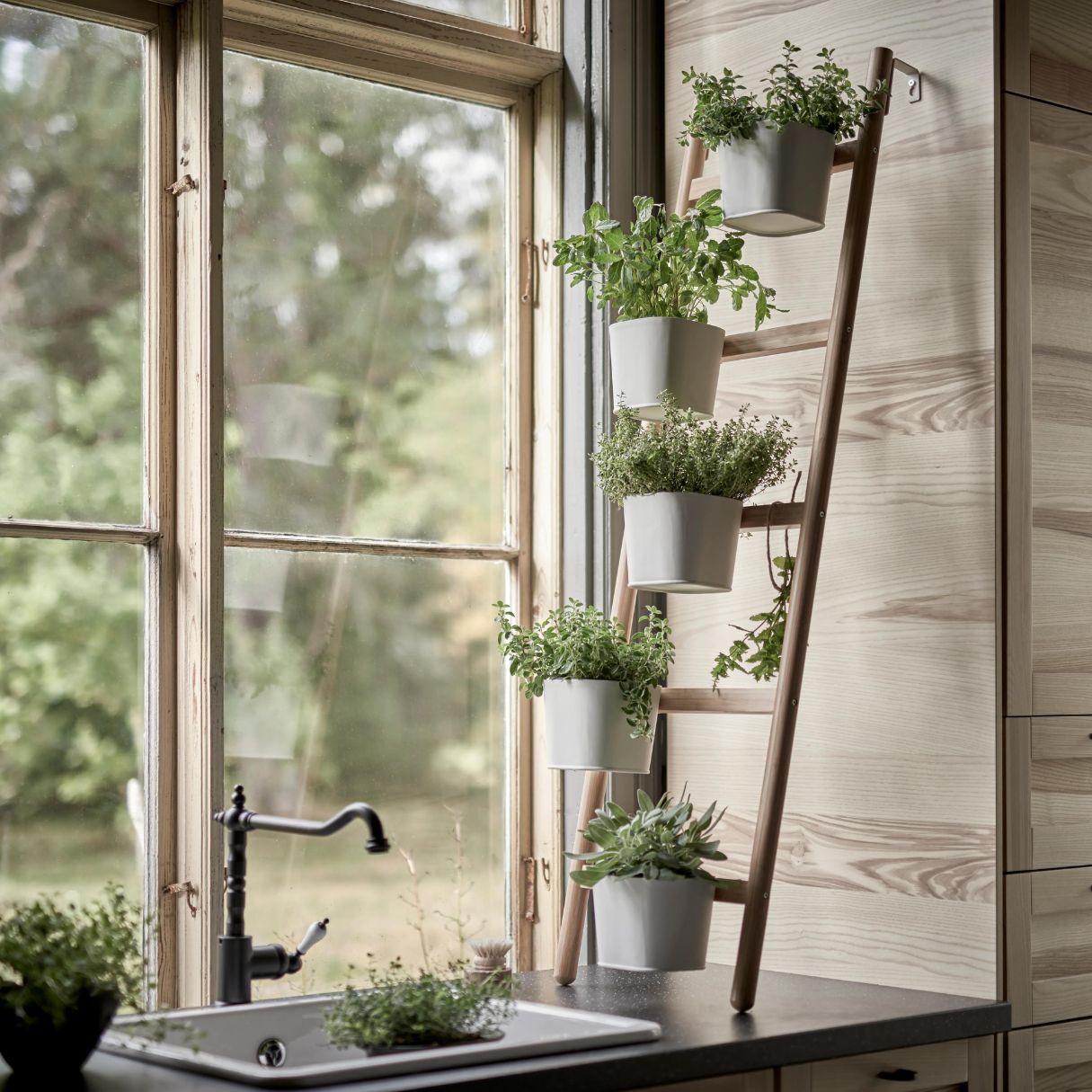
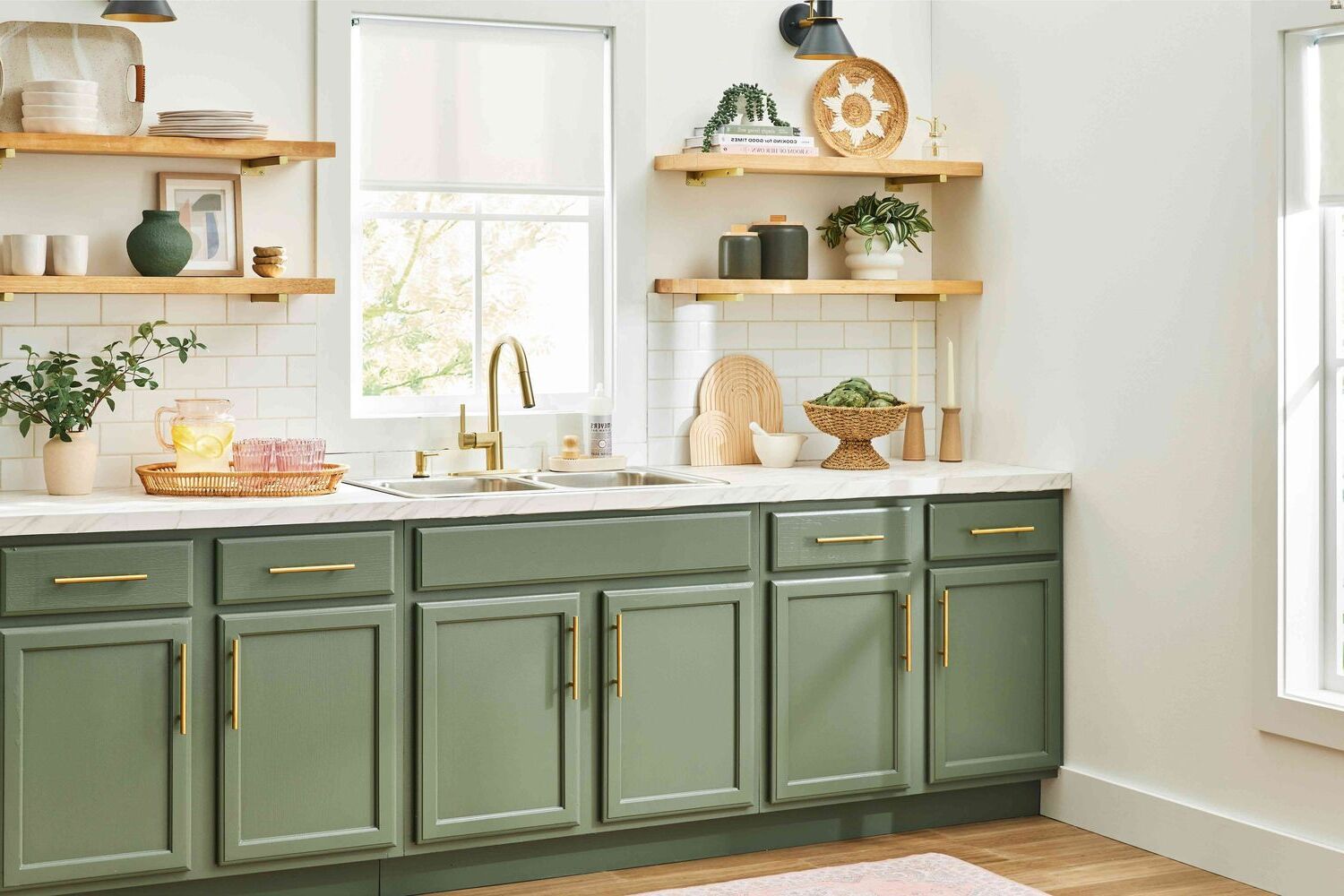
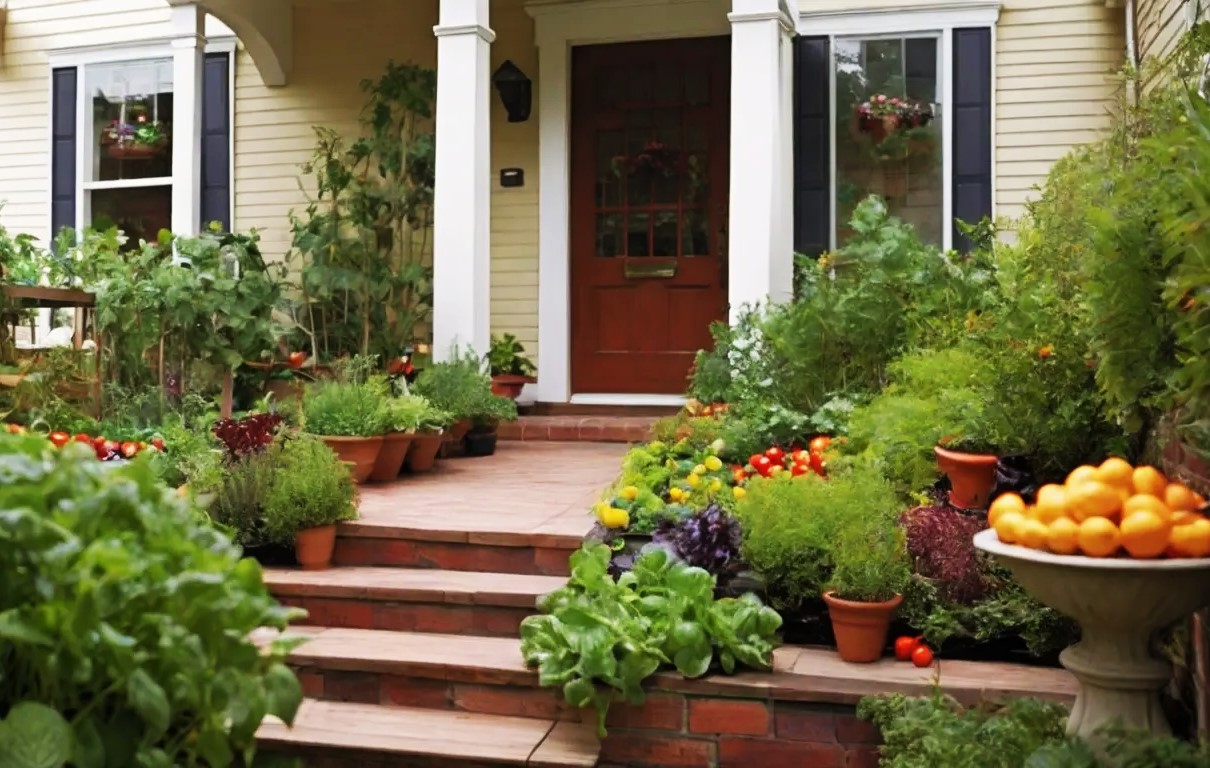
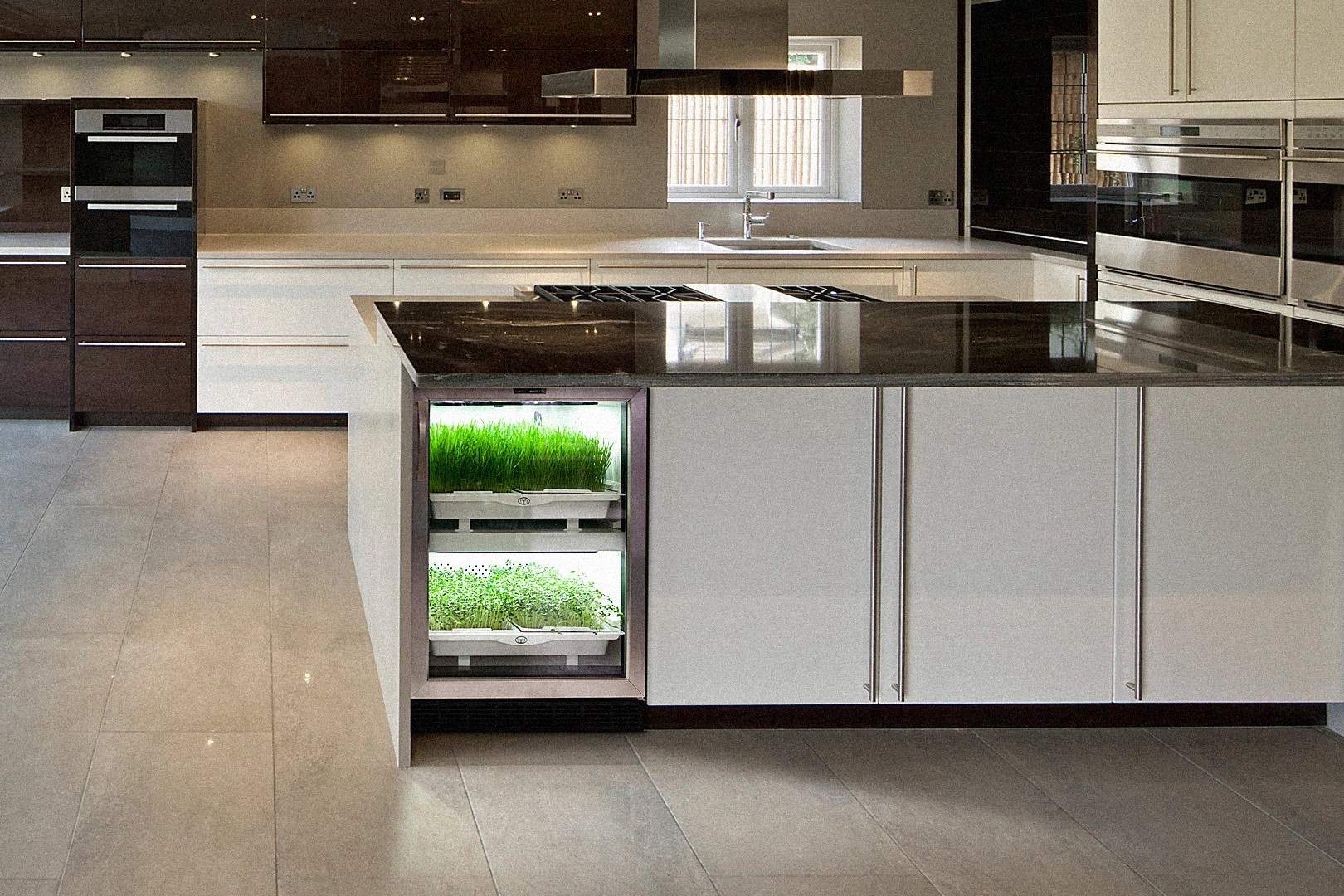
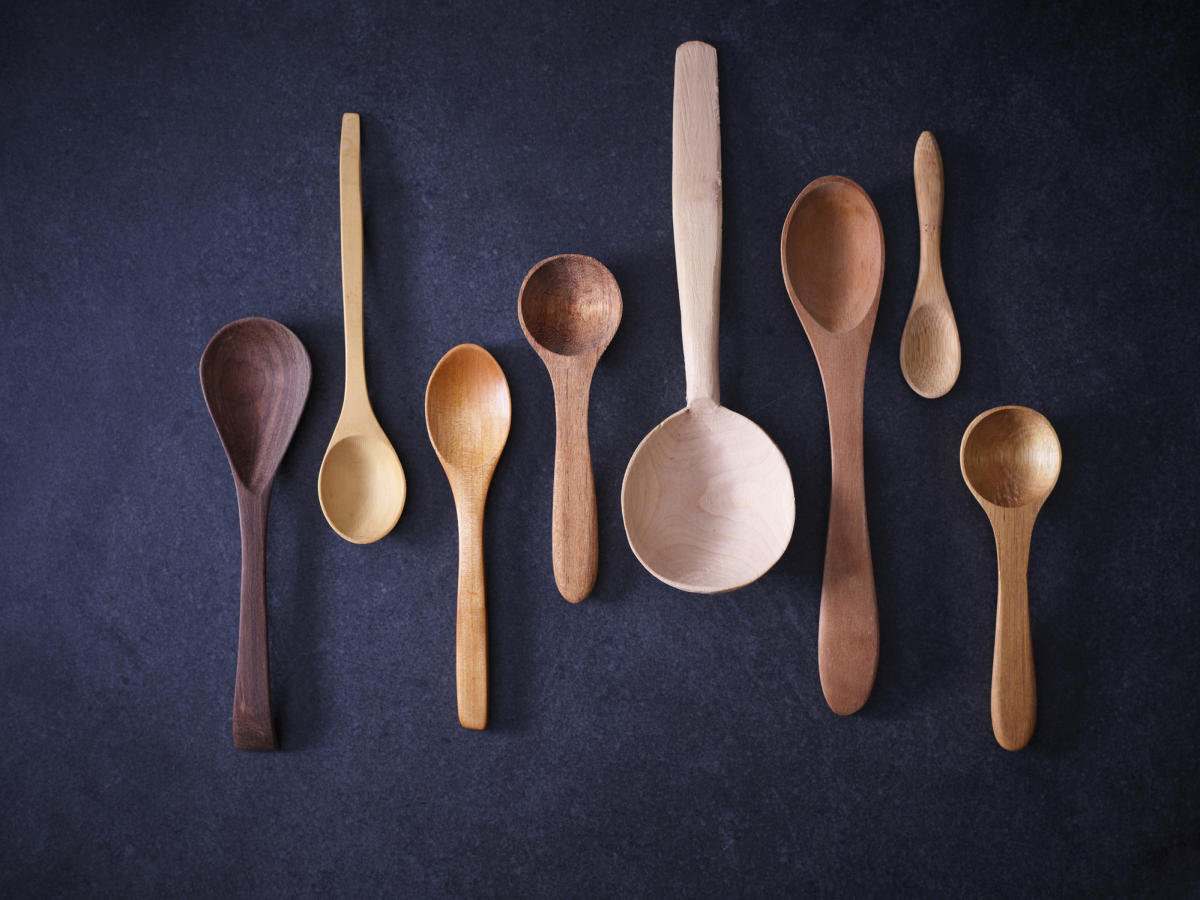
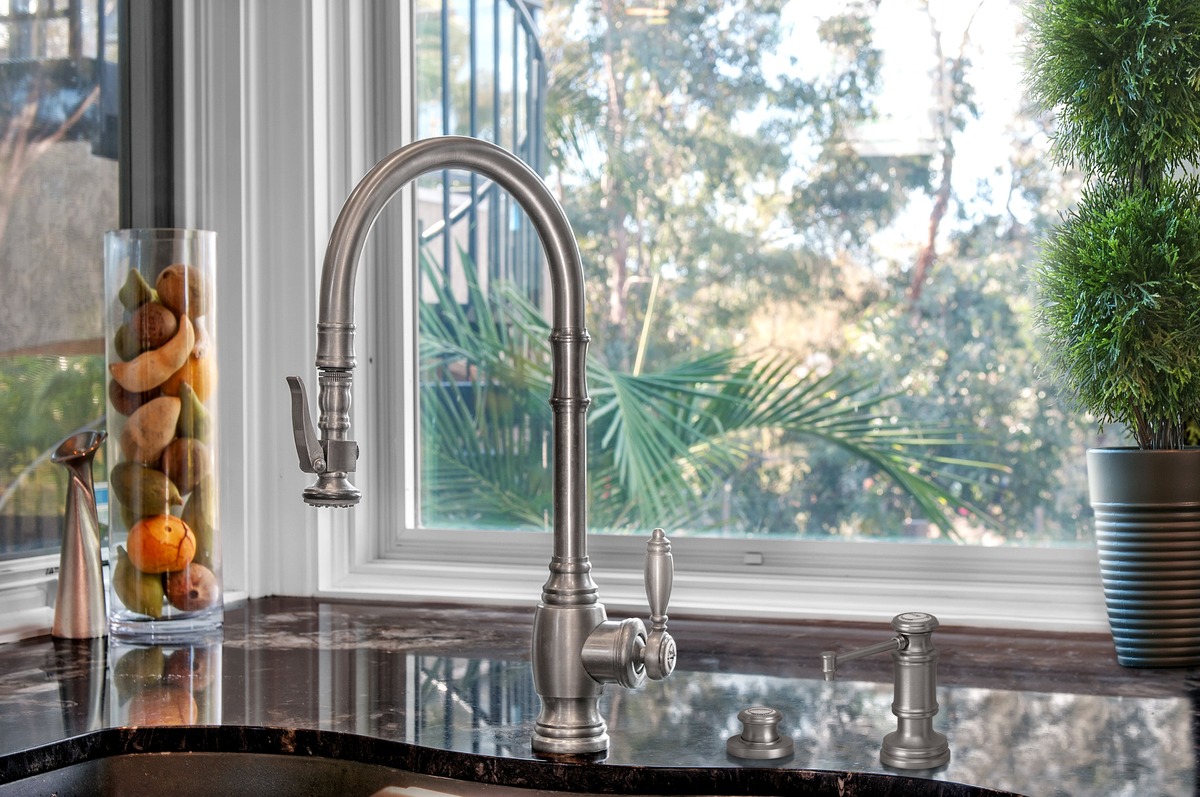

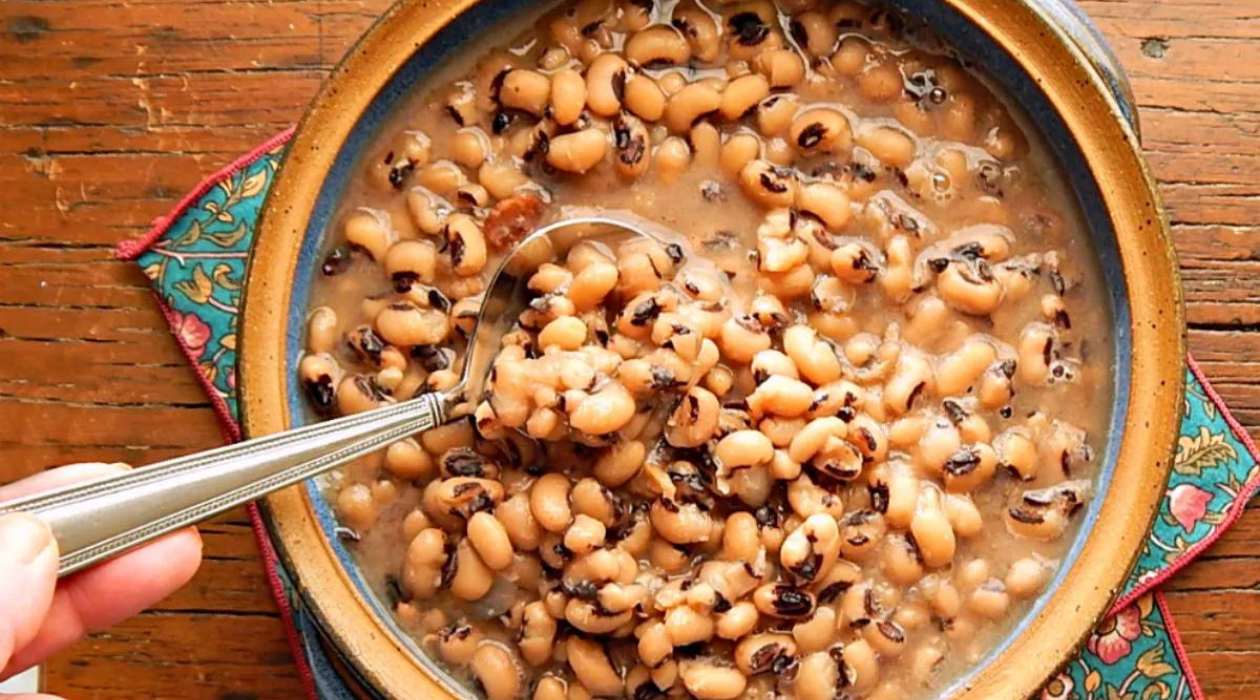

0 thoughts on “Growing Herbs In Your Kitchen For Fresh Cooking”